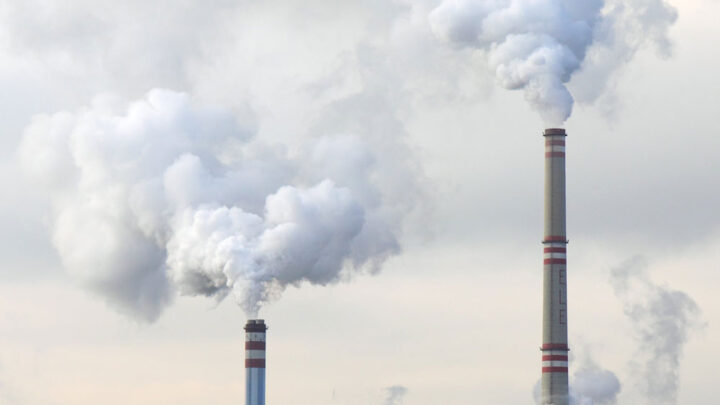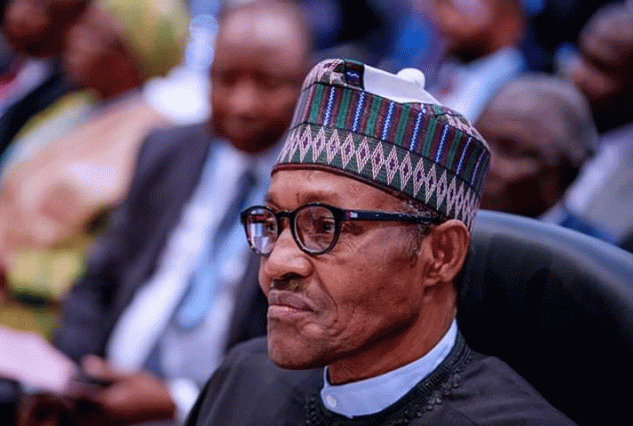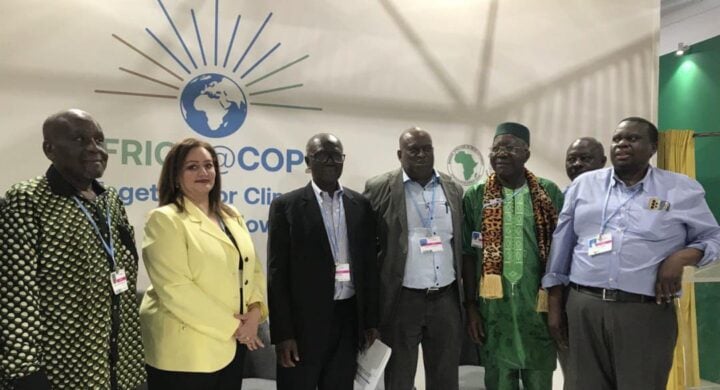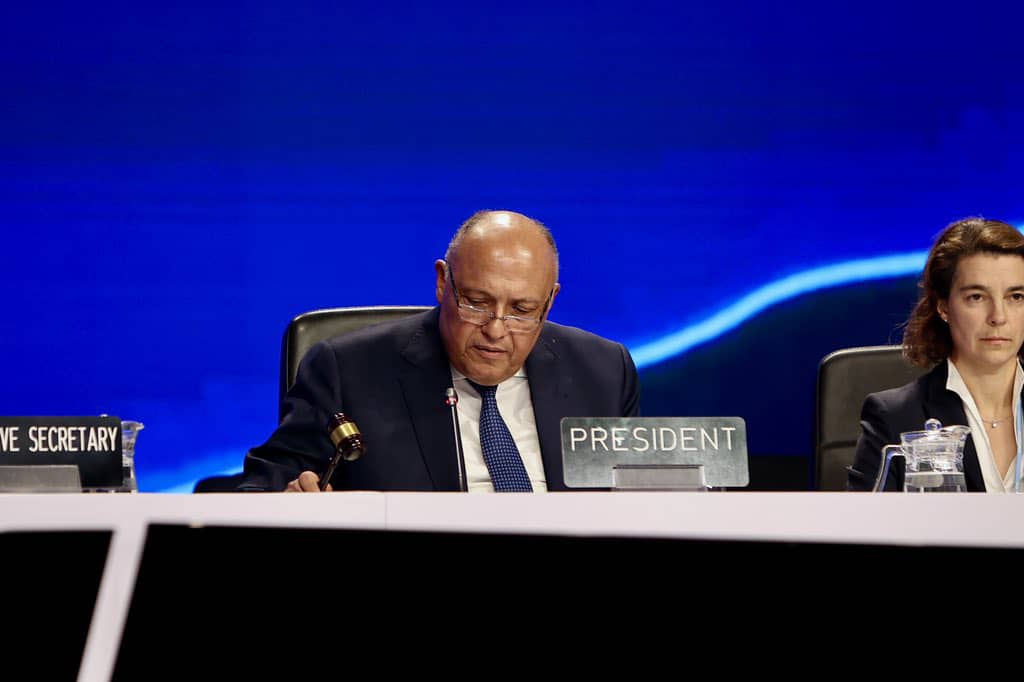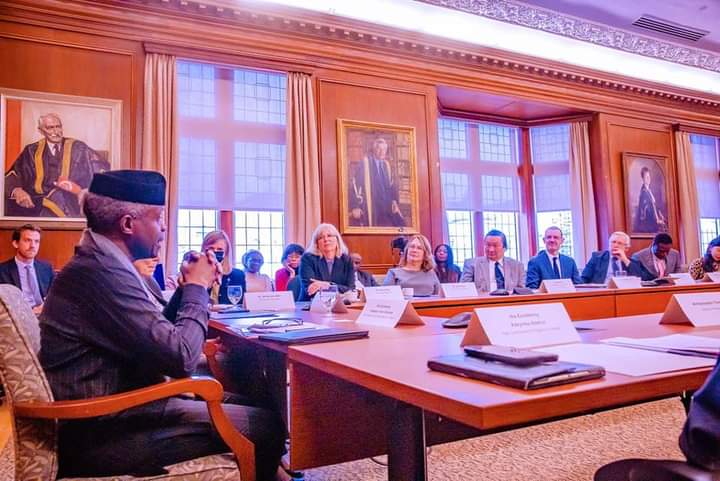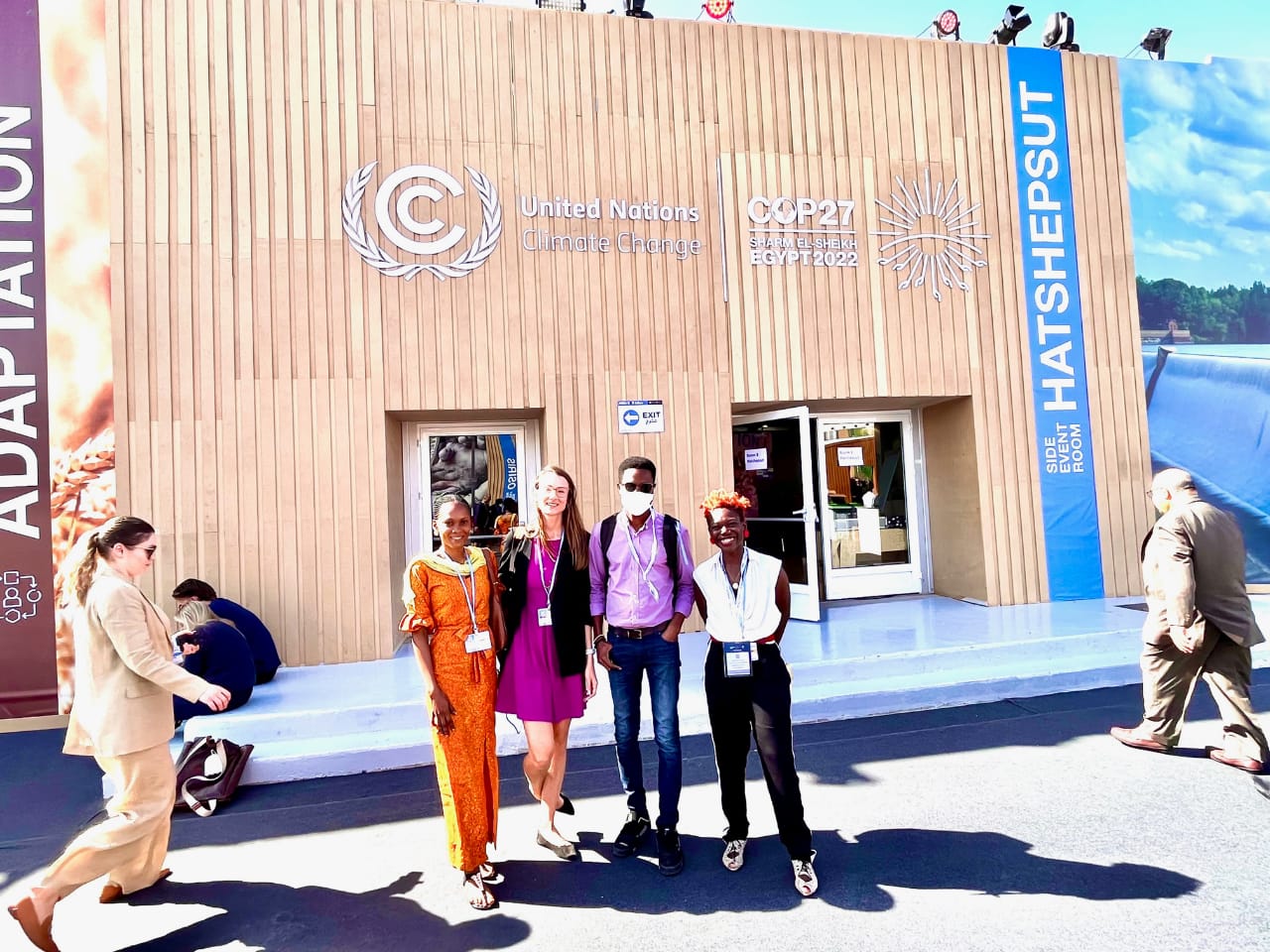Amani Abou-Zeid, African Union commissioner for infrastructure, energy and digitalisation, says there is a need for countries to reduce their carbon footprints given the negative impacts they are having on Africa.
Abou-Zeid said this at the ongoing UN climate change conference (COP27) in Sharm el-Sheikh, Egypt.
She spoke on Friday which was the thematic day for decarbonisation — a term used to describe the removal or reduction of carbon dioxide output into the atmosphere.
During the session, Abou-Zeid said climate change is not theoretical to African countries as they experience the impacts daily.
Advertisement
“Africa is the region hit hardest by climate change – the cost of damages cost between $50-80 billion each year, not to mention the loss of lives and conflicts caused by climate change. It’s not theoretical for us, it’s our lives,” she said.
Acceding to this, Tarek El Molla, Egypt’s minister of petroleum and mineral resources, said: “It’s the food that’s not on our table, it’s the crop that’s been wiped out. Climate change is a global problem that needs a global solution.”
Similarly, Sameh Shoukry, COP27 president, said every sector needs to be considered in the decarbonisation process, adding that critical plans and policies are needed to reduce carbon footprints.
Advertisement
“The climate crisis is existential, overriding and ever-present and we need to look at every piece of the puzzle, including the decarbonisation of the industrial sectors that underpin the global economy,” Shoukry said.
“Today’s activities provide a significant opportunity to discuss critical plans and policies needed to reduce carbon footprints, particularly in hard-to-abate sectors. We hope the conversations today help facilitate the much-needed transition to and low carbon economy.”
At the opening session, John Kerry, US special presidential envoy for climate, noted that “we are in an era where energy security, energy transition, and the affordability of energy have to be fundamental to the way that we see the world”.
“The way we synchronise these issues today is going to have a profound outcome in the future,” he added.
Advertisement
Add a comment
